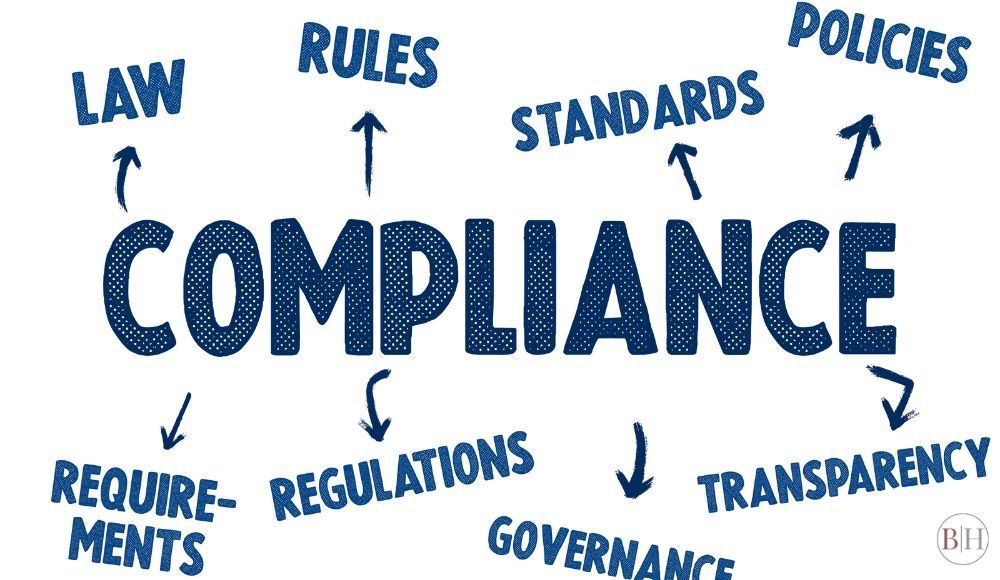Contract Law for Municipalities

Contract law is an aspect of the legal frameworks governing municipalities, ensuring that agreements between public entities and external parties are legally binding and enforceable. As municipalities engage in various transactions—from purchasing goods and services to entering into public-private partnerships—understanding the principles of contract law is essential for officials to manage public resources effectively and responsibly.
This area of municipal law not only guides the drafting, negotiation, and execution of contracts but also helps prevent disputes by clearly defining obligations and rights. By examining the intricacies of contract law as it applies to municipalities, we can better appreciate the balance between upholding public interests and facilitating efficient governmental operations.
Drafting Contracts
Drafting municipal contracts involves several steps to ensure agreements are clear, enforceable, and aligned with public interests. Initially, municipal officials identify specific needs and goals, forming the contract’s foundation. They then negotiate with potential third parties or other governmental agencies to establish conditions that satisfy both parties while adhering to legal standards and municipal regulations.
Municipal attorneys often play a crucial role in ensuring the contract language is precise and unambiguous to prevent future disputes. The draft typically includes essential elements such as the scope of work, timelines, payment terms, performance standards, and termination clauses. Review and approval processes within the municipal structure ensure oversight and transparency, ensuring contracts serve the community's best interests and comply with relevant laws and policies.
Negotiation Strategies
Municipal negotiation strategies involve a structured approach to achieving favorable contract terms while maintaining mutual respect and constructive dialogue with the other party. Here are some key strategies:
- Preparation and Research: Before negotiations begin, it's vital to understand the municipality's needs, objectives, and the contractor's capabilities and interests.
- Clear Objectives: Establish clear goals and priorities for the contract. Knowing what is negotiable and what is non-negotiable helps guide discussions effectively.
- Open Communication: Promoting open communication encourages transparency and trust and can lead to alternative solutions.
- Risk Management: Identify potential risks and discuss how they will be mitigated or shared.
- Build Leverage: Building leverage through existing relationships and expertise can strengthen the municipality's position.
- Detailed Documentation: Ensuring all discussions and agreements are documented to maintain clarity and provide a reference to prevent misunderstandings.
Dispute Resolution
If disputes arise, municipalities may be able to handle conflicts through negotiation, mediation, and arbitration. These methods help resolve issues related to contracts or other municipal activities quickly and peacefully, reducing legal costs and maintaining public trust. Mediation encourages collaboration and offers flexible solution while arbitration provides a more formal and final resolution. Municipalities can effectively manage disputes by focusing on open communication and compromise, ensuring smooth operations, and maintaining good stakeholder relationships.
Contact the Municipal Attorneys at Bingaman Hess Today
Do you want to reap the benefits of working with a municipal lawyer? Contact Bingaman Hess to schedule a consultation with one of our experienced municipal law attorneys and find the legal support you deserve.
Our seasoned legal professionals bring a wealth of talent and experience to every case, ensuring you receive the highest level of representation and personalized attention.









